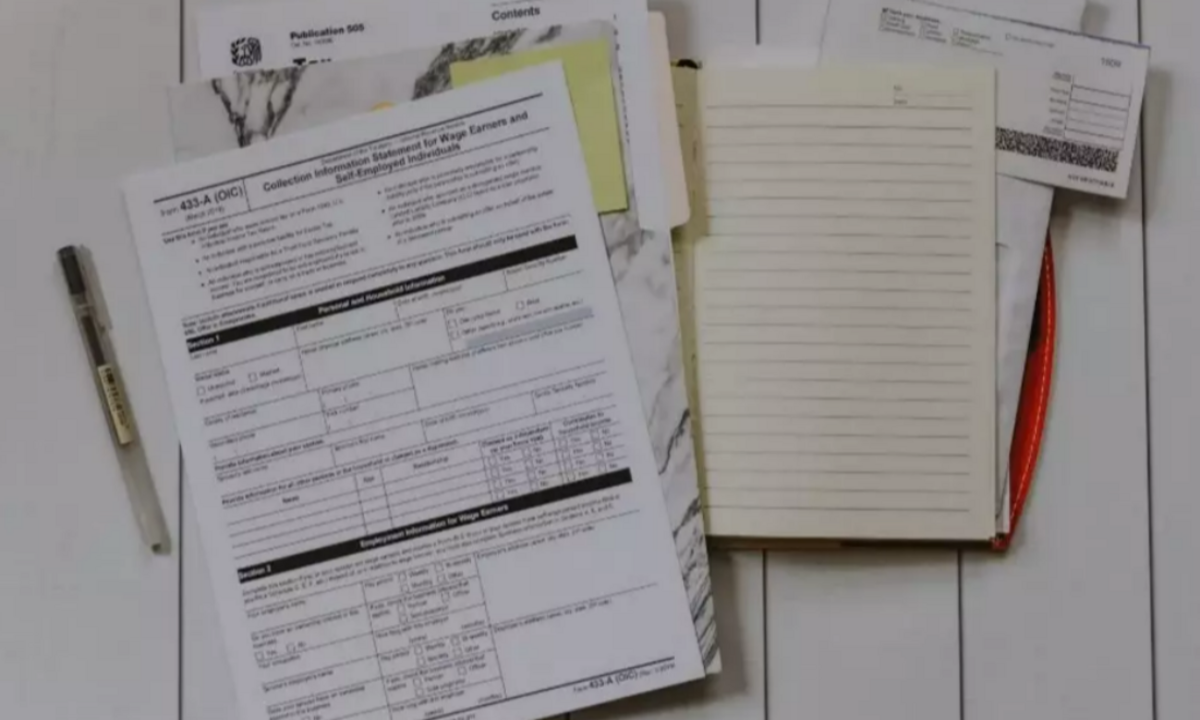A checking account is the foundation of personal finance for most people. It’s where your paycheck lands, where your bills get paid from, and the go-to spot for daily spending.
But have you ever wondered if you’re keeping too much money in your checking account? While having enough cash to cover expenses is crucial, letting excess money sit idle in your checking account might not be the smartest financial move.
How Much Should You Keep in Your Checking Account?

Experts suggest that your checking account should have just enough to cover two months’ worth of living expenses. This ensures that you have enough for bills, groceries, and unexpected expenses while avoiding the risks of overdrafts.
For example, if your monthly expenses total around $4,000, a good rule of thumb is to keep about $8,000 in your checking account. This balance acts as a buffer and ensures automatic payments go through without issues. However, any amount beyond this could be better utilized elsewhere.
The Risks of Keeping Too Much Money in Your Checking Account
Keeping excess cash in your checking account might feel safe, but it comes with downsides:
- Missed Investment Opportunities – Money sitting in a checking account earns little to no interest. Instead, that cash could be working for you in a high-yield savings account, mutual funds, or even an ETF.
- Inflation Reduces Buying Power – Over time, inflation erodes the value of your money. Instead of keeping extra funds in checking, placing them in an investment account can help grow your wealth.
- Lack of Financial Growth – Checking accounts are designed for spending, not saving. If you have more than two months’ worth of expenses in your checking account, it’s time to rethink where your money should go.
Budgeting Can Help You Strike the Right Balance

The best way to determine how much to keep in your checking account is by creating a budget. Track your expenses, including rent, mortgage, utilities, groceries, and subscriptions. Once you understand your spending habits, you can allocate the right amount to checking while moving the rest to savings or investments.
A simple rule is to keep around 20%–30% extra for unexpected costs. This prevents you from frequently dipping into savings or relying on credit cards.
Where Should You Put Excess Money Instead?
If you find yourself with extra cash in your checking account, consider these smarter alternatives:
- High-Yield Savings Account – Earn interest while keeping your money accessible.
- Money Market Accounts – Offers better interest rates than checking accounts with easy access.
- ETFs or Stocks – If you’re open to investing, these options provide long-term growth potential.
- Retirement Accounts (IRA, 401k) – Extra funds can boost your future financial security.
Final Thoughts
Having too little money in your checking account can lead to overdraft fees and financial stress. But keeping too much can mean missing out on opportunities to grow your wealth. The key is to find the right balance—enough for immediate expenses, with the rest allocated wisely.
So, if your checking account has more than it needs, it might be time to move that money where it can truly work for you!




